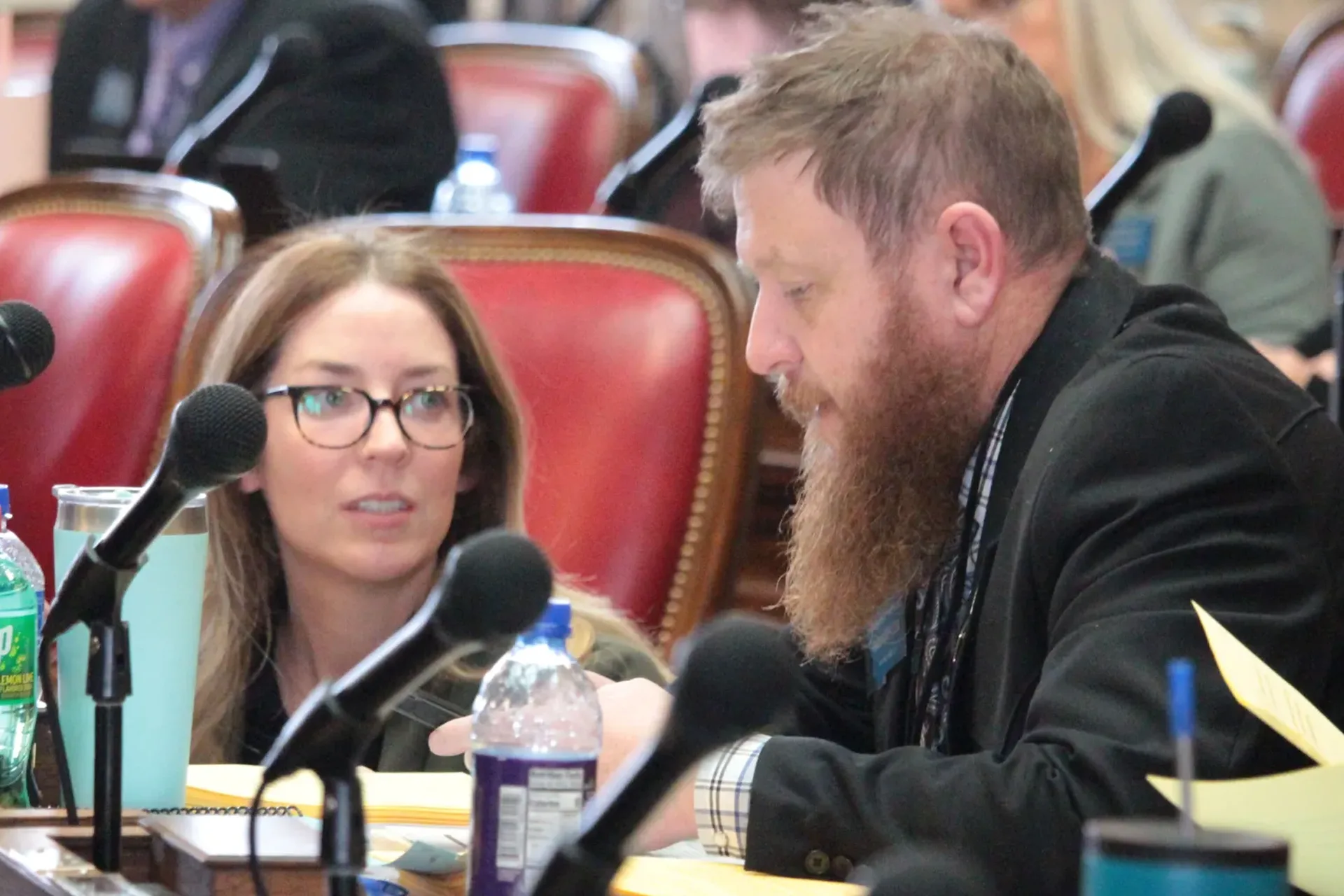Montana’s Legislature is advancing House Bill 676, a proposal that significantly alters how the state manages its land and water resources. Introduced by Representatives B. Ler, W. Galt, and R. Gregg, the bill mandates the sale of isolated parcels of state land to current lessees and removes the state’s ability to claim ownership of private water rights used on state lands.
Key Provisions of HB 676
1. Mandatory Sale of Isolated State Land Parcels
• The bill requires Montana to sell isolated parcels of land with water rights to the current leaseholders.
• This provision aims to streamline land ownership but has raised concerns about reducing public land access.
2. Water Rights Ownership Restrictions
• The Montana Board of Land Commissioners would be prohibited from acquiring private water rights associated with state lands.
• Lessees will retain ownership of water rights unless both the point of diversion and the place of use are located on state land.
3. Changes to Improvement Registration and Compensation
• Lessees must register any improvements on leased state land by September 30, 2026.
• If a new lessee takes over a lease, they must compensate the previous lessee for improvements at fair market value.
4. Water Court Elimination
• HB 676 sets a deadline for dissolving Montana’s Water Court, which has been responsible for adjudicating water rights claims.
• The bill repeals multiple statutes related to water rights adjudication, which could impact ongoing legal disputes and settlements.
Impact on Public Land and Water Management
Supporters argue that the bill simplifies state land management and respects private water rights. However, critics warn that it could privatize public lands and complicate water rights disputes. The elimination of the Water Court may also disrupt legal processes for water use and access.
With an immediate effective date upon passage, HB 676 will bring lasting changes to Montana’s approach to state land and water governance. Its final approval could shape land and water policies for years to come.
Although several components of the bill drew scrutiny during a hearing before the Senate Judiciary Committee last week, perhaps the most controversial aspect of HB 676 involves the potential for the noncompetitive sale of an estimated 1.5 million acres of isolated sections of state land. source: montanafreepress.org




